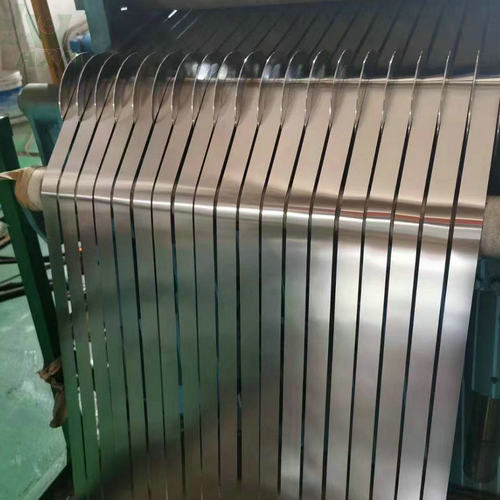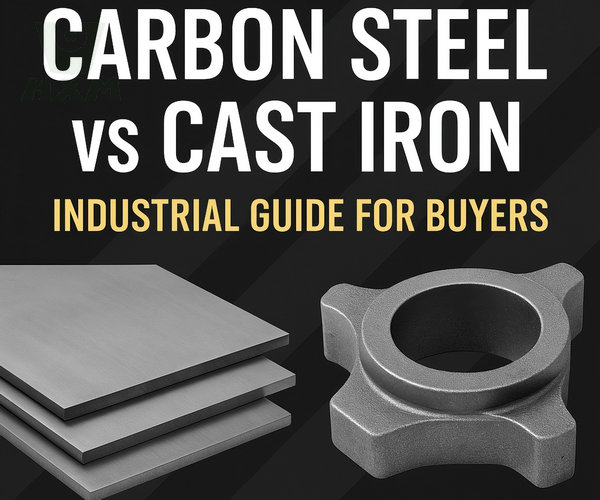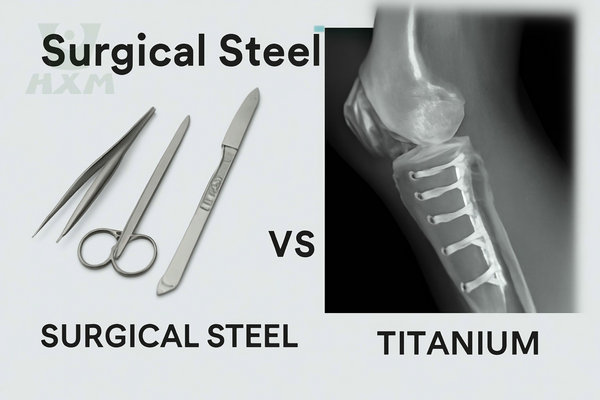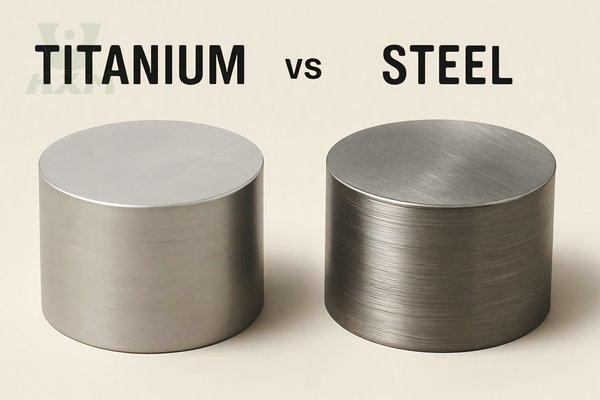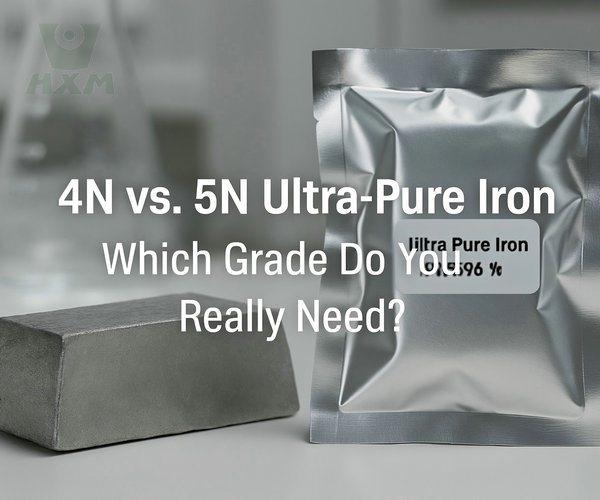In industries where corrosion resistance, strength, and reliability are crucial, choosing the right material for specific applications can significantly affect performance and longevity. Two such materials often compared are Monel metal vs stainless steel. Both are used in demanding environments like marine, chemical, and aerospace industries, but they offer different characteristics, making them suitable for different applications.
In this article, we’ll explore the key differences between Monel metal vs stainless steel, focusing on their cost, strength, hardness, and use cases to help you determine which is the best material for your needs.
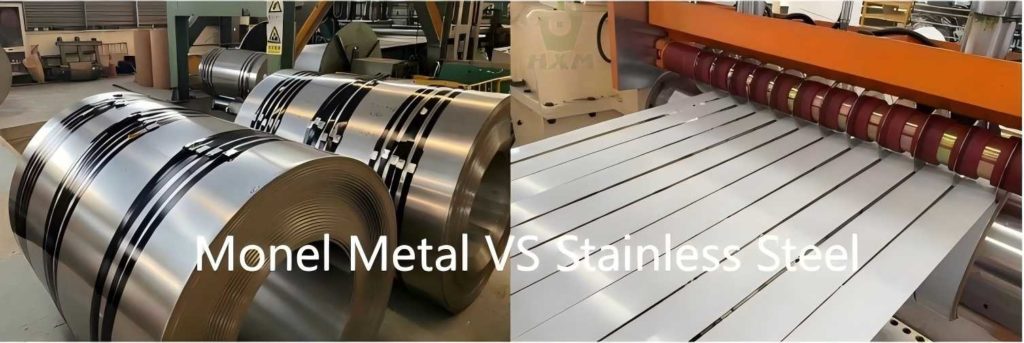
What is Stainless Steel?
Stainless steel is a steel alloy with a minimum of 10.5% chromium content by mass, along with varying amounts of other metals like nickel, molybdenum, and carbon. The addition of chromium allows stainless steel to form a passive layer of chromium oxide, making it resistant to corrosion and staining. Stainless steel is a versatile material used in everything from household appliances to aerospace and medical applications. Among the many grades of stainless steel, 316 stainless steel is often compared to Monel because of its similar properties.
What is Monel Metal?
Monel metal is a trademarked name for a group of nickel-copper alloys. The most common alloy, Monel 400, contains 63% nickel and 28% copper, along with small amounts of iron, manganese, and carbon. Known for its excellent resistance to corrosion, particularly in harsh environments like seawater, Monel is widely used in marine engineering, chemical processing, and even aerospace. It also has excellent mechanical properties, including good strength at both low and high temperatures.
Monel Metal vs Stainless Steel: What Are Their Differences?
In this article, we provide a detailed comparison of Monel metal vs stainless steel to help you make an informed decision. For inquiries about pricing and stock, please contact Huaxiao Metal — your reliable metal supplier.
| Property | Monel | Stainless Steel |
|---|---|---|
| Cost | More expensive (high nickel content). | More affordable and widely available. |
| Corrosion Resistance | Exceptional, especially in seawater. | Excellent, but varies by grade (316 is superior to 304). |
| Strength | High strength, even at elevated temperatures. | Moderate to high, depending on grade. |
| Hardness | Higher than most stainless steels. | Variable; 316 is softer compared to Monel. |
| Magnetism | Non-magnetic. | Can be magnetic (e.g., ferritic types). |
| Applications | Marine, chemical, and high-stress environments. | Construction, medical, food processing, and general-purpose. |
Monel Metal vs Stainless Steel Chemical Composition:
| Material | Monel Metal (Alloy 400) | Stainless Steel (316) |
|---|---|---|
| Ni | 63% | 10-14% |
| Cu | 28-34% | <0.75% |
| Fe | Balance | Balance |
| Cr | <1% | 16-18% |
| Mn | 2.5% | 2% |
| Si | <0.5% | <1% |
| C | <0.03% | <0.08% |
| S | <0.024% | <0.03% |
Monel metal is an alloy composed primarily of nickel and copper that offers excellent corrosion resistance, making it particularly suitable for use in marine environments. In contrast, stainless steel is a type of steel containing at least 10.5% chromium and is widely used for its high corrosion resistance, ease of processing, and high strength.
Monel Metal vs Stainless Steel Mechanical Properties:
| Material | Monel Metal (Alloy 400) | Stainless Steel (316) |
|---|---|---|
| Tensile Strength | 70-85 ksi (485-585 MPa) | 70-90 ksi (485-620 MPa) |
| Yield Strength | 30-40 ksi (205-275 MPa) | 30-40 ksi (205-275 MPa) |
| Elongation | 35-45% | 40% |
| Hardness | 85 HRB (max) | 90 HRB (max) |
| Modulus of Elasticity | 150 GPa | 193 GPa |
Monel Metal vs Stainless Steel Physical Properties:
| Material | Monel Metal (Alloy 400) | Stainless Steel (316) |
|---|---|---|
| Density | 8.83 g/cm³ | 8.00 g/cm³ |
| Melting Point | 1,400°C (2,550°F) | 1,400–1,450°C (2,550–2,650°F) |
| Electrical Conductivity | 3.5% IACS | 1.4% IACS |
| Thermal Conductivity | 25 W/m·K | 16.3 W/m·K |
| Coefficient of Thermal Expansion | 13.3 µm/m·K | 16.0 µm/m·K |
| Magnetic Properties | Non-magnetic | Austenitic grades (non-magnetic); Ferritic and martensitic grades (magnetic) |
Monel Metal vs Stainless Steel Applications:
Monel Metal Applications:
Marine environments (e.g., seawater piping, propellers, and valves)
Chemical processing equipment
Aerospace components requiring corrosion resistance and strength
Oil and gas industry for heat exchangers and tanks
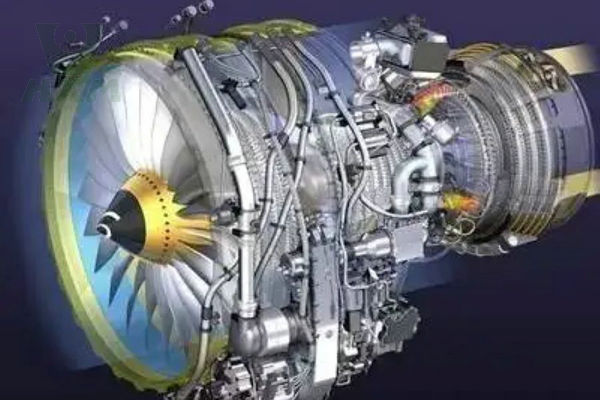
Stainless Steel Applications:
Food processing equipment and utensils (e.g., 304, 316 grades)
Medical instruments and implants
Construction and architecture (e.g., railings, cladding)
Automotive components and exhaust systems
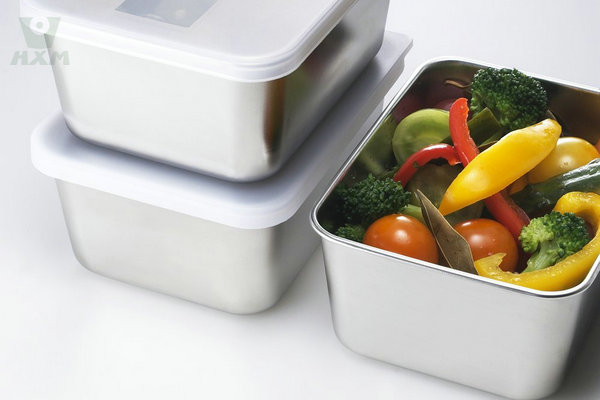
Still unsure which alloy suits your needs? Contact Huaxiao Metal for expert consultation and the best pricing.
Cost of Monel vs Stainless Steel:
Material cost plays a major role when choosing between monel and stainless steel. Monel is generally more expensive than stainless steel, primarily due to its high nickel and copper content, which drives up production costs. Stainless steel, especially 316 stainless steel, is more affordable, making it a popular choice across many industries. However, while stainless steel may be cheaper initially, monel’s superior corrosion resistance can provide long-term cost savings, especially in highly corrosive environments.
Corrosion Resistance of Monel vs Stainless Steel: The Deciding Factor
This is often the most critical factor in choosing between the two.
Monel: Monel exhibits outstanding resistance in environments where stainless steel might fail.
Marine Environments: It is highly resistant to seawater corrosion, even at high flow rates, making it ideal for propeller shafts, valves, and seawater piping systems. It is far less susceptible to chloride pitting and crevice corrosion than most stainless steels.
Chemical Processing: It has excellent resistance to hydrofluoric acid (a highly corrosive acid used in producing refrigerants and pharmaceuticals) and many other industrial chemicals.
Deaerated Reducing Acids: It performs well against acids like sulfuric and hydrochloric acid in deaerated (oxygen-free) conditions.
Stainless Steel: 300-series stainless steels like 304 and 316 offer broad, all-around corrosion resistance.
General Use: Grade 304 is perfect for food processing, architectural applications, and general industrial use.
Chloride Environments: Grade 316, with its added molybdenum, offers good resistance to chlorides (like salt), but can still be vulnerable to pitting in stagnant or warm seawater over time.
Monel Metal vs Stainless Steel Magnetism:
Monel Metal: Monel is non-magnetic under normal conditions, making it suitable for applications requiring non-magnetic properties, such as certain electronic and marine uses.
Stainless Steel: The magnetism of stainless steel depends on its grade:
Austenitic stainless steels (e.g., 304, 316) are generally non-magnetic, although cold working can induce slight magnetism.
Ferritic and martensitic stainless steels (e.g., 430, 410) are magnetic due to their structure.
Monel Metal vs Stainless Steel Weldability:
Monel Metal: Monel has good weldability but requires specialized welding techniques due to its high nickel and copper content. Processes like gas tungsten arc welding (GTAW) or shielded metal arc welding (SMAW) with compatible filler materials are preferred. Welding Monel demands experience to manage its high thermal conductivity and to avoid cracking.
Stainless Steel: Stainless steel, especially grades like 304 and 316, is easier to weld using common techniques such as MIG, TIG, or stick welding. It generally has lower thermal conductivity than Monel, making heat management during welding simpler. For demanding applications, appropriate filler materials are used to ensure corrosion resistance and strength.
Monel Metal vs Stainless Steel Machinability:
Monel Metal: Monel is known to be more difficult to machine due to its high nickel content, which makes it harder and more resistant to wear. Special tools, slower cutting speeds, and high lubrication are typically required during machining to prevent tool wear and overheating.
Stainless Steel: Stainless steel, especially grades like 316, offers better machinability compared to Monel. While harder grades can still be challenging, the process is more straightforward, and many stainless steel grades are available in improved machinability versions with added sulfur (e.g., 316F).
Monel vs Stainless Steel Strength:
Both Monel and stainless steel are strong materials, but they offer different properties:
Monel: Offers high tensile strength and toughness, particularly in low and high-temperature environments. It is resistant to stress corrosion cracking, which makes it ideal for chemical and marine environments.
Stainless Steel: 316 stainless steel, one of the strongest grades, is highly resistant to oxidation and corrosion, offering better tensile strength than Monel in some applications.
Monel 400 vs 316 Stainless Steel:
Corrosion Resistance: Monel 400 excels in marine and chemical environments, while stainless steel 316 is ideal for mildly corrosive conditions.
Cost: Stainless steel 316 is more affordable than Monel 400.
Applications: Monel 400 is better suited for extreme conditions, whereas 316 is commonly used in construction, medical, and food industries.
Monel Hardness vs Stainless Steel:
Monel is harder than many types of stainless steel, including 316 stainless steel, due to its higher nickel and copper content. This makes Monel suitable for applications where both hardness and corrosion resistance are required. However, stainless steel tends to be more ductile, which is useful in processes that require shaping or forming the material.
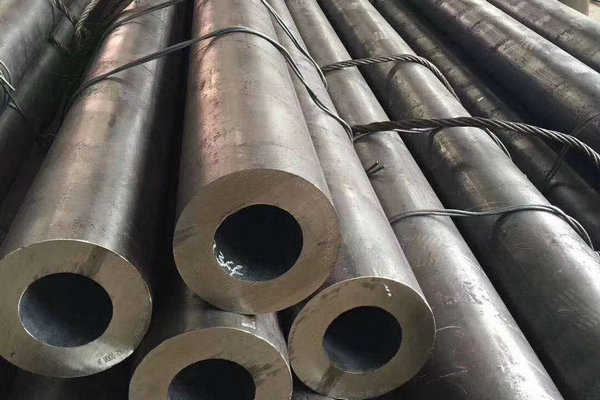
Monel Alloy
Monel Alloy Supplier and Manufacturer From China Monel Alloy is a high-performance alloy composed of nickel and copper, known for its excellent corrosion resistance and
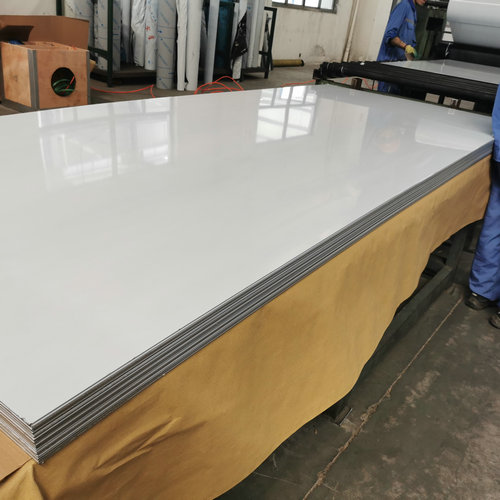
Stainless Steel
Stainless Steel Suppliers From China Huaxiao is one of the leading stainless steel suppliers & manufacturers in China, we can provide stainless steel plates, stainless
How to Choose: Which Alloy is Right for Your Application?
Both Monel vs stainless steel have their strengths, and the choice between them largely depends on the application.
Choose Monel if:
Your application involves constant, high-velocity seawater exposure. (e.g., marine propeller shafts, pump impellers, trolling wire).
You need to handle hydrofluoric acid or other specific aggressive chemicals.
Long-term reliability in a harsh, corrosive environment is more critical than the initial budget. (e.g., critical valves in chemical plants or offshore oil rigs).
You require a material that resists stress corrosion cracking in many freshwater and industrial environments.
Choose Stainless Steel if:
Budget is a primary consideration. For most applications, stainless steel offers the best performance-to-cost ratio.
The application requires good general corrosion resistance but is not in constant contact with aggressive chemicals or high-velocity seawater. (e.g., kitchen equipment, architectural trim, general piping).
Aesthetic appearance is important. Stainless steel provides a clean, modern look that is easily maintained.
Ease of fabrication and machining is a priority to keep production costs down. (e.g., large-scale manufacturing of components).

Monel Alloy
Monel Alloy Supplier and Manufacturer From China Monel Alloy is a high-performance alloy composed of nickel and copper, known for its excellent corrosion resistance and

Stainless Steel
Stainless Steel Suppliers From China Huaxiao is one of the leading stainless steel suppliers & manufacturers in China, we can provide stainless steel plates, stainless
FAQ
Is Monel magnetic?
Monel 400 is only very slightly magnetic at room temperature and is generally considered non-magnetic. However, it can become more magnetic during processing.
Can you weld Monel to Stainless Steel?
Yes, it is possible to weld Monel to stainless steel, but it requires special filler metals (like ERNiCrMo-3) and proper welding procedures to avoid a brittle weld. It is a specialized process.
What is the main disadvantage of Monel?
Its primary disadvantage is its high cost. The difficulty and expense of machining it are also significant drawbacks compared to stainless steel.
Are Monel and stainless steel interchangeable?
The primary difference between Monel and stainless steel lies in corrosion resistance, particularly in seawater and chemical environments. If your project requires higher corrosion resistance and strength, Monel is a better choice. For general industrial environments, stainless steel can also meet most requirements.
Is Monel easy to machine?
Although Monel offers high strength, it is relatively difficult to machine, especially under high temperature and high pressure conditions. Compared to stainless steel, machining Monel requires more technical expertise and equipment.
Conclusion: Your Partner in High-Performance Alloys
The choice between Monel and Stainless Steel isn’t about which one is “better” overall, but which one is superior for your specific application.
Stainless steel is a versatile, cost-effective workhorse for a huge range of jobs.
Monel is the specialist, a premium solution you call upon when the environment is too harsh for stainless steel to handle.
Understanding these differences ensures you invest in a material that provides safety, longevity, and value.
Still unsure which material is the right fit for your project? The experts at Huaxiao Metal are here to help. Contact us today for a personalized consultation and a competitive quote based on your unique requirements.

